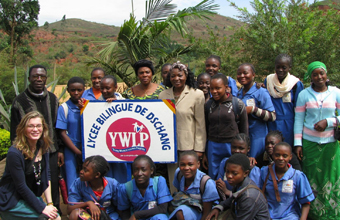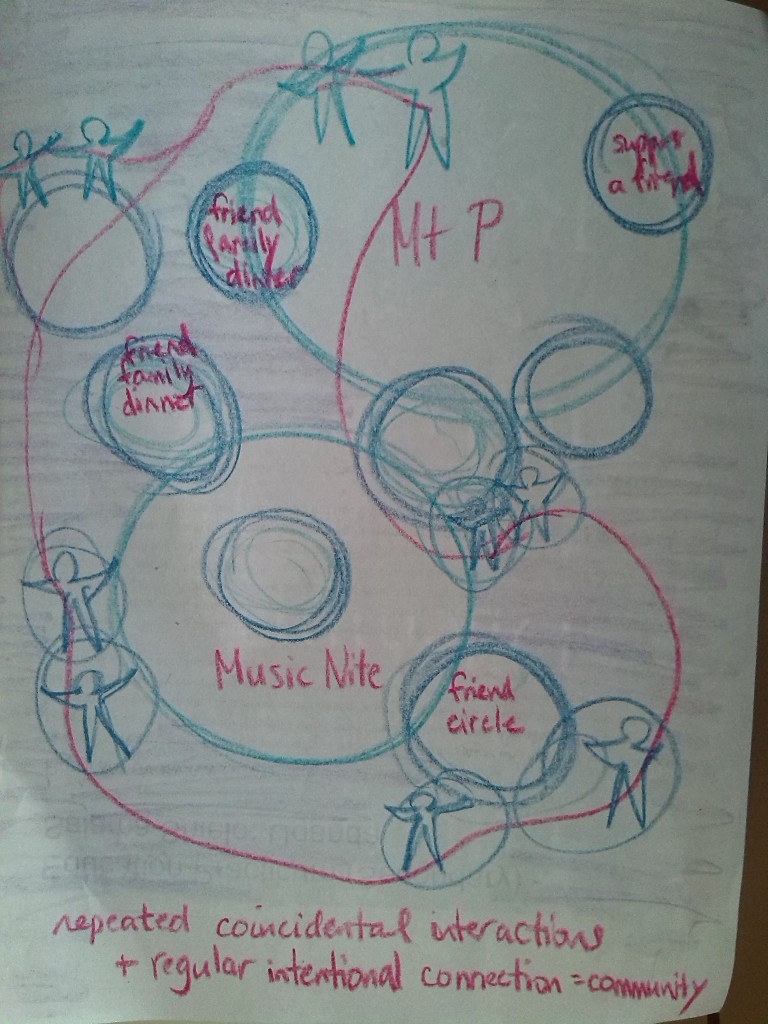For the past many months I have ben unable to write about colonization, family history: I’ve been paralyzed.
This spring I took a writing course with an inspiring, thoughtful group of participants. I re-wrote, revised, updated the cobbled-together pieces of writing I’ve been letting percolate for years. The piece of writing I’ve been working on continued to develop and be shaped: until one piece hit home, in a very personal way. What I interpreted from the feedback was that the piece I’ve written is still colonial, still caught up in the paradigms I’m trying to erase.
One of my favourite quotes around the challenges of this thing we call ‘decolonizing’ is from Marie Battiste. She says that as settlers, as residents of Canada, we are ‘marinated in colonization’: we are so deeply embedded in the ways of thinking and doing that are a part of colonization that it is woven into the deepest elements of the way we see the world. I am one of the pieces of tofu sitting in that marinade, wanting to write about the colonization that pervades my ways of seeing the world. And once in a while, just when I think I’m on a path to freeing myself from the patterns and ways of thinking – I realise just how far I have to go.
My great-grandfather Will Bain was ‘given’ land by the government in Ranfurly, Alberta. In exporing my family history, I learned a bit more about that land: treaty 5 territory – and wrote this:
The ‘Indian’ signatories to this treaty signed, for the most part, with an ‘x’. Signed what – if they can’t read a statement that are they signing? Curious to understand more, I found a copy of Treaty 5, replete with long finely penned lines of English legalese:
Inherent in what I wrote the assumption that those who signed with an ‘x’ were illiterate and unable to read the treaty. Once named, the layers of assumption became obvious: not all First Nations at the time were illiterate; those who were unable to read may have had the treaty read and/or interpreted. I also don’t know the meaning of signing with an ‘X’: perhaps rather than being a sign that the person wasn’t able to write, an ‘X’ is symbolic or even a sign of protest. And the critique is broader: in my summary I hadn’t included or even referenced any of the oral traditions that document the treaty from a perspective other than that of the government of Canada.
Exploring colonization with the intention of ‘decolonizing’ seems almost like an impossibility: if I’m using the English language, the tools of analysis and comparison I’ve learned in my colonial upbringing, to what extent am I truly ‘decolonizing’? The names I use, assumptions I make, the ways I name the land I’m on, the sources I rely on for the ‘history’ I share: these all are a part of the colonial mindset.
And on a personal level, the realization that my process was in fact re-colonizing has been deeply ‘unsettling’. I have experienced emotions of shame, guilt, frustration. I have been deeply frustrated at myself for not knowing better. After all the ‘unlearning’ I’ve been doing, it’s hard to see myself caught in repeating the very miconceptions I’m trying to point out.
And this I think is a large part of the journey of being ‘unsettled’. It is unsettling, emotional, fraught with unexpected turns. I’m tracking down the narratives of colonialism in my & my family’s lives: and just when I’ve tracked a few more steps I look back and see traces of my own steps beside those.
So I’ll stop for now, pause and take stock of who I am and where I’m going. I have questions yet to answers, stories yet to share: and those will come soon enough.


